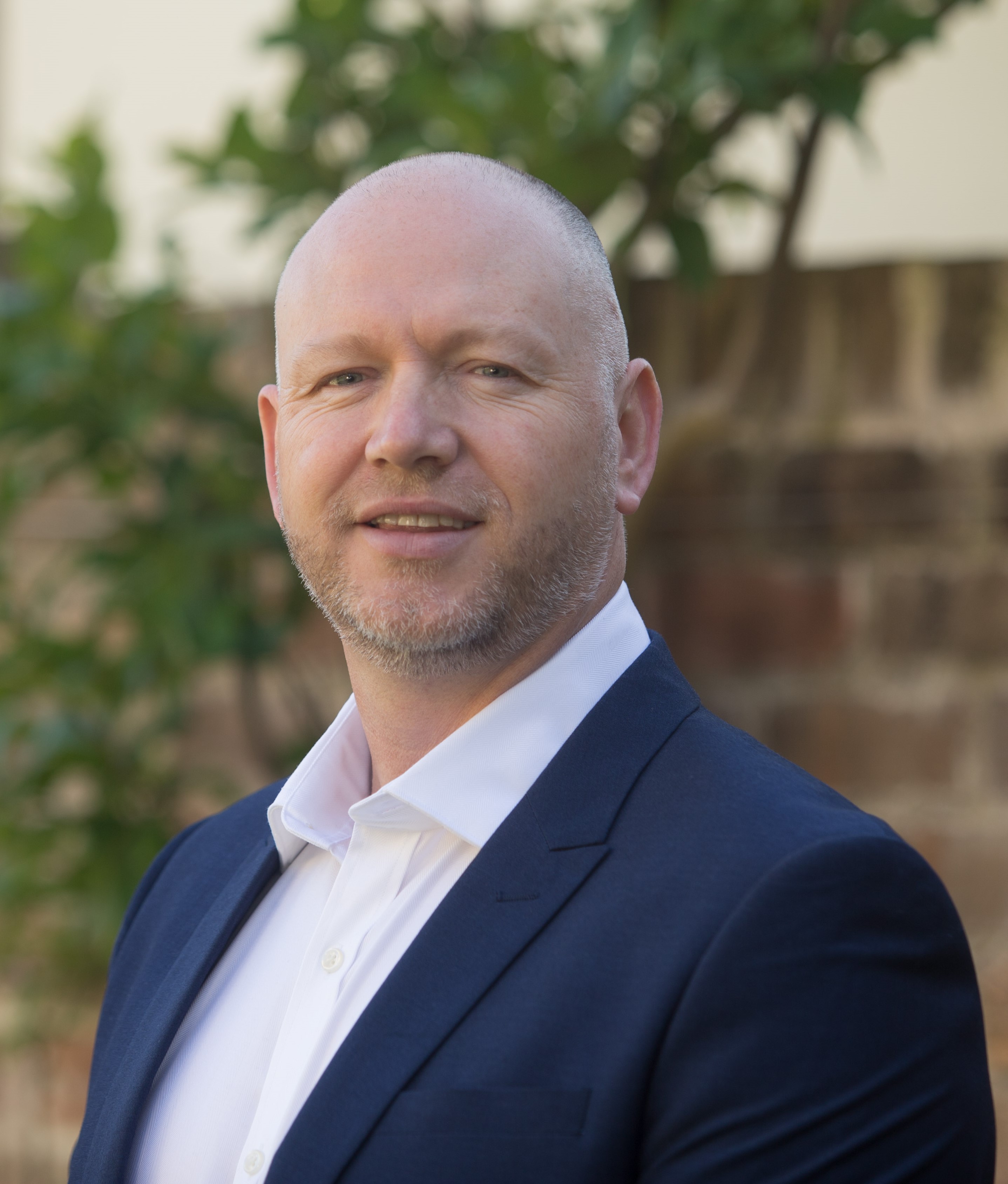Stephen London, IRMCert: Strategic Risk Analyst, B&CE
Stephen London, IRMCert
Strategic Risk Analyst
B&CE
How did you get your job?
Whilst working in a building society, the risk department launched an initiative to run a six month secondment with the aim of bringing business knowledge into the department and then sending the individual back with an improved risk culture.
I was luckily the first to be successful, moving from the administration team to the risk team for six months learning about operational and financial risk management.
My passion was clear and at the end of the six months, I wrote a letter proposing to them that they keep me within the department permanently, which they agreed to.
During my time there, I took the IRM Certificate qualification and have recently passed.
I now work for a Workplace Pension Provider as the Strategic Risk Analyst.
What’s a typical day like as Strategic Risk Analyst?
When I arrived, the operational risk management team was well developed, however strategic risk management was a new venture for the company. In the dynamic world of strategic thinking and strategic delivery (projects), absolutely no day is typical, particularly when building the risk framework halfway through major transformation projects!
Nonetheless, a few routine jobs will include committee reporting, identification and assessment workshops, policy writing, project oversight, risk reviews and maintaining KRIs.
What do you enjoy most about your job?
The sheer variety of it and the challenges. The stakeholders are wide ranging in seniority and personalities and ensuring you are mindful of this when conducting assessment workshops is vital. Sitting in the second line of defence and watching the cogs of the business turn is satisfying. It is rewarding trying to analyse what can potentially stop those cogs from turning.
What are the challenges?
Where there has been a lack of risk management discipline, the biggest challenge is training the staff, conveying the benefits of risk management and receiving their buy-in, and then proving that risk management has had a successful impact.
In what way are your IRM qualifications relevant?
Not only does the qualification concrete my knowledge and backs up the validity of my advice, it encourages wider reading and provides ideas, tips and tools that, if applied, help with your everyday working life.
What would you say to others thinking about joining IRM as a member?
It is universally recognised, provides a great volume of material and gives you that little muscle to convince people that you know what you’re talking about.
How has your role developed and what are your career ambitions? Has being linked to the IRM helped?
There is a lot of room for movement and development within risk. My ambition is to be able to write publications on risk and host seminars and for people to care enough who I am to read or attend.
Top tips:
1. Never stop asking questions.
2. Be dynamic, innovative and adaptable.
3. Read and learn as much as you can.






